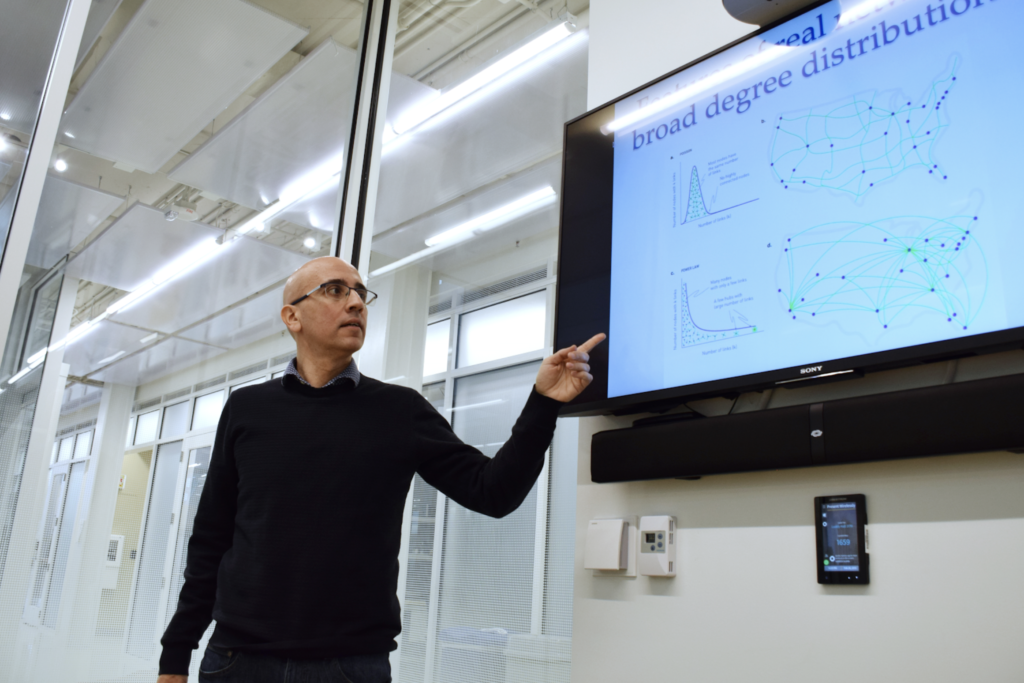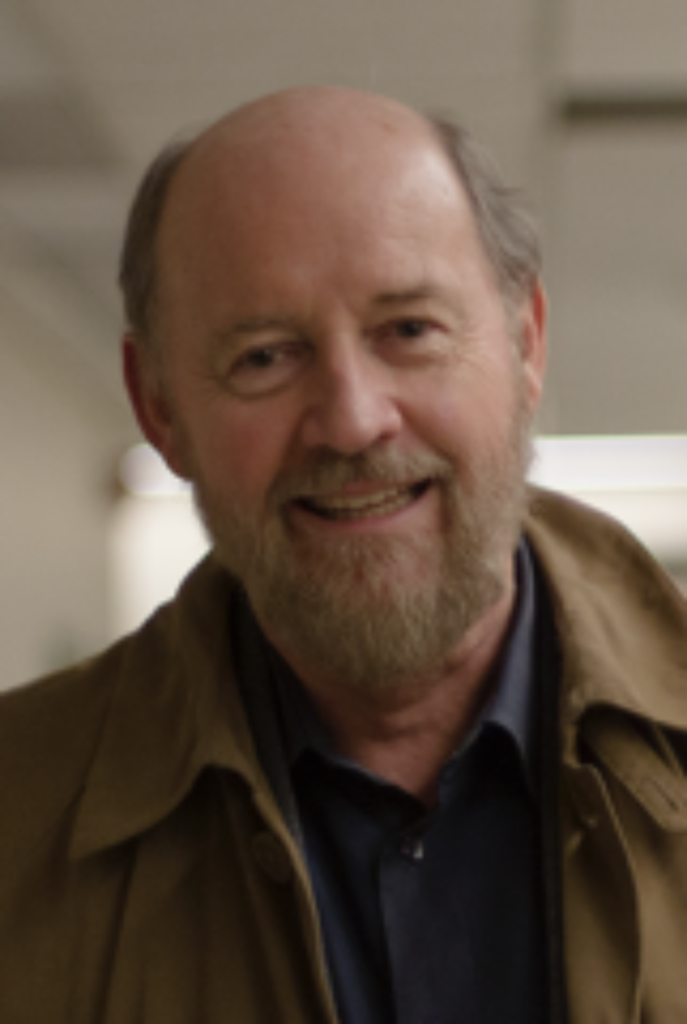Thursday November 5th, 2020 | 1:30pm – 2:30pm EST

Natalie Sheils
Natalie Sheils is a research scientist at UnitedHealth Group Research and Development. She earned her PhD in Applied Mathematics from the University of Washington in 2015 and then completed a postdoctoral fellowship at the University of Minnesota School of Mathematics. Her current research includes disease modeling and applications of healthcare data. She is involved in scientific policy and previously served on the SIAM Committee on Science Policy (2018-2019) and is now on the AMS Committee on Science Policy (2021-2024).
@nsheils on twitter

Ryan Armstrong
Ryan Armstrong is the Executive Director of Bad Science Watch – a non-profit dedicated to creating a safer, healthier, and more prosperous Canada through the establishment of the widespread use of critical thinking and sound science when making important societal decisions. Ryan first became interested in science activism after encountering unscrupulous claims by regulated health professionals who offered implausible therapies to vulnerable patients. Initially interested in science education and communication as a PhD student, he shifted his focus to science justice after witnessing the harm of pseudoscience as a tool to de-educate the public for profit.

Santo Fortunato
Santo Fortunato is the Director of the Indiana University Network Science Institute (IUNI) and a faculty at Luddy School of Informatics, Computing and Engineering. Previously he was professor of complex systems at the Department of Computer Science of Aalto University, Finland. Prof. Fortunato got his PhD in Theoretical Particle Physics at the University of Bielefeld In Germany. He then moved to the field of complex systems, via a postdoctoral appointment at Luddy School of Informatics, Computing and Engineering of Indiana University. His current focus areas are network science, especially community detection in graphs, computational social science, science of science, climate change. His research has been published in leading journals, including Nature, Science, PNAS, Physical Review Letters, Reviews of Modern Physics, Physics Reports and has collected over 33,000 citations (Google Scholar). His review article Community detection in graphs (Physics Reports 486, 75-174, 2010) is one of the best known and most cited papers in network science. He received the Young Scientist Award for Socio- and Econophysics 2011, a prize given by the German Physical Society, for his outstanding contributions to the physics of social systems. He is the Founding Chair of the International Conference on Computational Social Science (IC2S2) and Chair of Networks 2021, the first merger of the NetSci and the Sunbelt conferences, possibly the largest ever event in network science.

James Robert Brown
James Robert Brown is a Professor (emeritus) of Philosophy at the University of Toronto. His interests include a wide range of topics in the philosophy of science and mathematics: thought experiments, foundational issues in mathematics and physics, visual reasoning, and issues involving science and society, such as the role of commercialization in medical research. His books include: The Rational and the Social (Routledge 1989), The Laboratory of the Mind: Thought Experiments in the Natural Science (Routledge 1991/2010), Smoke and Mirrors: How Science Reflects Reality (Routledge 1994), Philosophy of Mathematics: An Introduction to the World of Proofs and Pictures (Routledge 1999/2008), Who Rules in Science: A Guide to the Wars (Harvard 2001), Platonism, Naturalism and Mathematical Knowledge (Routledge 2012), On the Foundations of Seismology (with M. Slawinski) (World Scientific 2017), and others forthcoming. He has been elected to the Royal Society of Canada, the German Academy of Sciences (Leopoldina), and L’Académie Internationale de Philosophie des Sciences.
